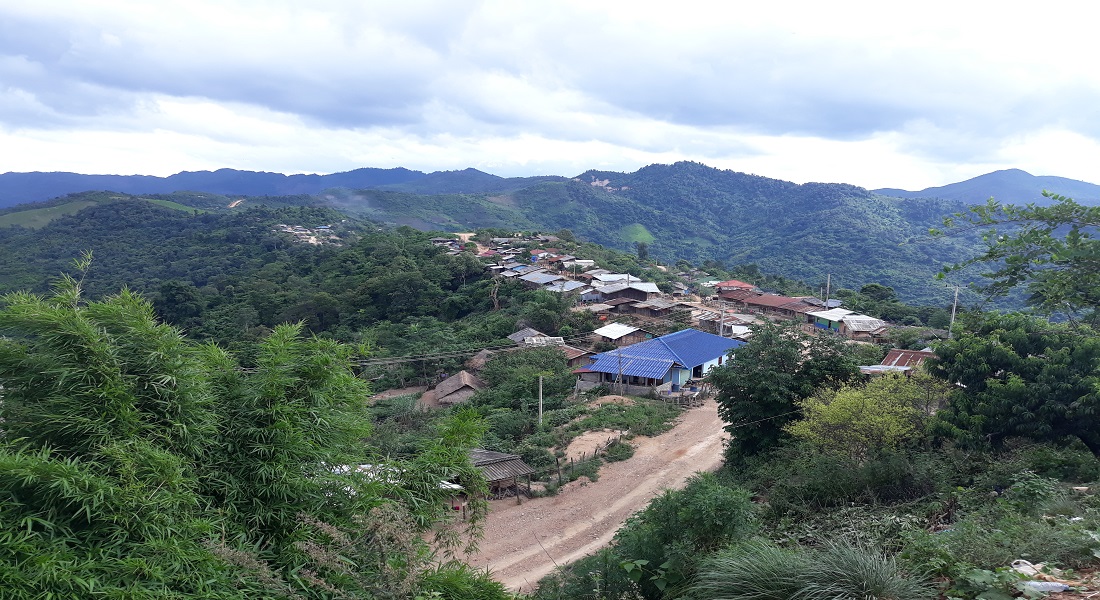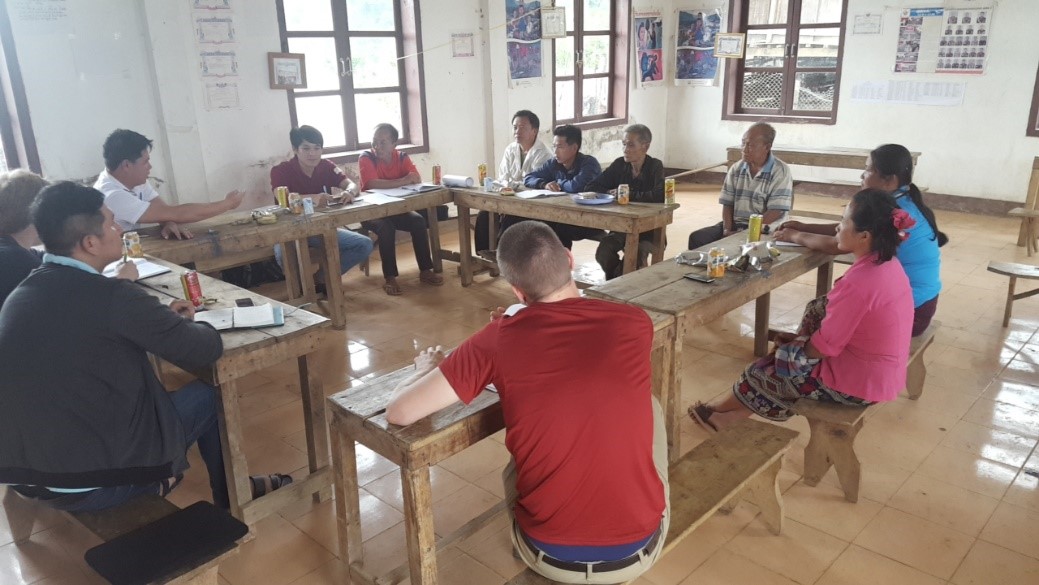Michael Zörner
Exploring the upgrading of protected areas from a social equity perspective: a case study from Laos’ first national park
Research from different countries suggests that protected areas better conserve nature and biodiversity when they are managed according to principles of social equity. This means that costs and benefits of conservation are equitably shared, that local residents have the opportunity to participate in fair and transparent decision-making procedures regarding the protected area, and that their cultural identities, values and rights are recognized and respected. However, previous studies of social equity in protected areas have largely overlooked processes of increasing the level of protection (also called protected area upgrading). While such upgrades may generate new employment opportunities and income sources (e.g. through ecotourism), potential negative impacts include greater restrictions on the use of natural resources with implications for livelihoods and incomes or the exclusion of people from sites of cultural or spiritual importance.
This study aims to address the issue by exploring the case of Nam Et-Phou Louey (NEPL) National Protected Area in northern Laos, containing one of the last populations of Indochinese tigers, which has recently been upgraded to Laos’ first national park. For this purpose, two villages inside the park were visited (Photo 1). The objective was to assess to what degree the protected area upgrade complies with social equity in terms of both general principles, as described above, and any further issues that local residents may raise based on their specific perceptions and perspectives. This was investigated by a questionnaire survey with 75 households and follow-up interviews with twelve households. Furthermore, government authorities, conservation organizations and villagers holding key positions were interviewed (Photo 2).

Photo 1: Case study village on a mountain ridge (own photograph)
The results of the study show that the regulations of the previous NEPL National Protected Area had already limited the availability of agricultural land and livestock grazing areas, restricted the collection of forest products such as mushrooms, and banned logging and hunting. Instead, alternative income sources such as shade-grown organic coffee are currently under development, but still on a limited scale and not accessible to everyone. The upgrade to national park status itself, however, has not yet brought about any additional costs or benefits at the time of visit, but is likely to do so in the future through stricter regulations. Likewise, no further issues relating to the recognition and respect of cultural identities, values and rights have so far been induced besides the already existing ban on hunting that conflicts with local traditions. A critical finding, however, is that even though most interviewed villagers expressed satisfaction with decision-making regarding protected area management, there was great uncertainty as to the actual procedures and the opportunities for people to participate. Furthermore, many showed limited awareness of the regulations, boundaries and reasons for the protected area to exist. Taken together, these observations indicate significant deficits in information provision to the villagers. In line with this, the most striking finding is the widespread lack of knowledge in both villages concerning the national park upgrade of NEPL that had been enacted five months before. Even the village headmen, deputy headmen and members of village committees were hardly aware. It follows that neither villagers nor village authorities seem to have been consulted or at least adequately informed. Consequently, most people did not have any particular opinion relating to this decision.
 Photo 2: Meeting with village representatives in the village hall (Photo: Ole Mertz)
Photo 2: Meeting with village representatives in the village hall (Photo: Ole Mertz)
One of the main conclusions from this study of social equity in the context of protected area upgrading is that easy and timely access to information is essential for local residents for several reasons: First, knowledge of decision-making procedures and of the opportunities to take part and put forward a request is a fundamental prerequisite for meaningful participation. Second, knowledge of current and prospective protected area regulations, boundaries and their enforcement is crucial for making households capable of assessing the implications of conservation actions for their livelihoods, for being able to develop coping strategies, for knowing when to raise issues and discuss them with decision-makers, and for avoiding the risk of prohibitively high fines for rule-breaking. Third, this knowledge enables local residents to assess social equity in the first place and allows them to form an opinion about conservation-related activities and procedures as well as upcoming changes such as protected area upgrades. This is in turn another precondition for meaningful participation in decision-making. All in all, this study argues for placing a substantially increased focus on knowledge and information provision when dealing with conservation in theory and practice.
